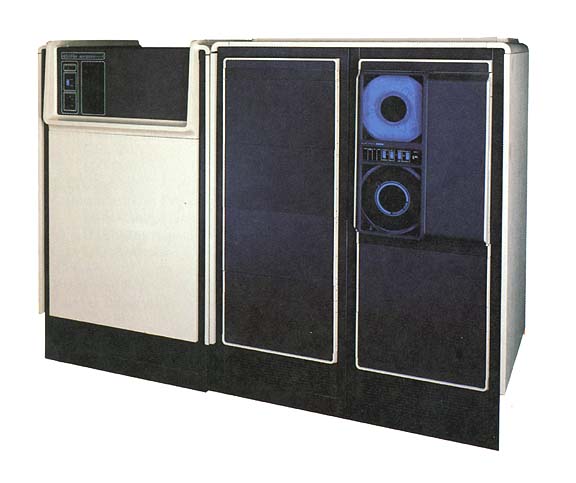In the late ’70s, Data General was a computer company struggling to compete against Digital. They invited a journalist to cover the development of their latest minicomputer, and the rest is history.
Tracy Kidder captured the energy and the drive of computer people in his classic book, “The Soul of a New Machine.”
The computer market was a lot different in 1981, when the book was first published, then it was today. Although personal computers were slowly coming onto the market, most serious computing was still done on large, powerful multi-user systems. IBM was the king of mainframes, but the minicomputer world belonged to Digitial Equipment Corporation. They’d just released their VAX. Data General, one of the companies that along with DEC was part of the Massachusetts technology boom, was afraid that they were going to be eaten for lunch. Their line of Eclipse computers was successful, but if they didn’t act fast, they would be just another footnote in the history of computing.
Enter Tom West. He was one of DG’s brilliant managers. Through some clever corporate political angling, he was able to assemble a team of brilliant and dedicated young engineers, many of them straight out of college, to work crazy hours in order to get their machine out the door. West called it “playing pinball.” If you do well, you can still get to play, but at a higher level.
Kidder makes the quest to build Data General’s new computer, the Eclipse MV/8000 seen in the picture above, a gripping suspense story, while keeping the prose accessible to non techies. As the deadlines loom, your heart will start to pound along with the managers, the hardware developers (the “hardy boys”) and the microcode developers (“the microkids”). Kidder paints a brilliant portrait of the eccentric characters at the company, from the sophisticated West to the engineer who leaves for a commune to “deal with a unit of time no shorter than a season.”
Although Data General, Digital Equipment, the whole minicomputer industry and even Tom West (who had just passed away a couple of days before writing this) are gone, Tracy Kidder’s Pulitzer Prize-winning book still stands in 2011, the 30th anniversary of its publication, as a testament to the drive of people in the high-tech industry.
You geeky bookworms will love the Konnex and Pac-Man bookshelves. This is also the first book review we’ve ever done, so why not tell us what you think in the comments. Should we do more? What other awesomely geeky tomes should we cover?
You can find the book at Amazon.











